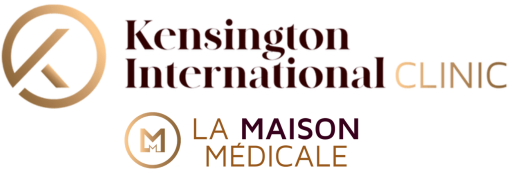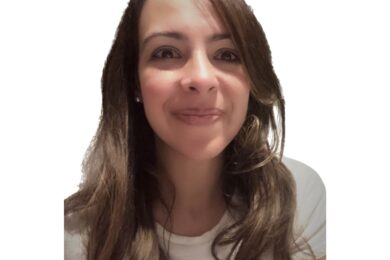Many venous disorders are purely aesthetic and functional, i.e. they often manifest
themselves only as small superficial dilatations localized on the thighs and calves, sometimes accompanied by sensations of heavy legs, cramps or slight swelling of the ankles.These phenomena are heightened in cases of varicose heredity, overweight or pregnancy.The ideal treatment is micro-sclerotherapy (very superficial micro-injections).
CONDITIONS
FIND OUT MORE ABOUT CONDITIONS
THREAD VEINS (Spider Veins)
VARICOSE VEINS
Varicose veins are medium to large caliber dilatations of the superficial veins of the legs,
either visible on the surface or invisible, running a few millimeters beneath the skin.
In the past varicose veins were considered a cosmetic issue and therefore
left untreated. However, through medical research, we now know that
they are a clear sign of venous disease which can, if left untreated, lead to
other complications such as venous eczema, leg ulcers, tired legs and
oedema (swollen legs). It is a popular belief that men do not get varicose veins. This is untrue.Just as many men have varicose veins as women, it’s just that women are more likely to seek treatment. Pregnancy and being overweight can make varicose veins worse, although it doesn’t cause them. Varicose veins run in families and if a relative has varicose veins this dramatically increases your chance of having problematic veins too.
The proposed treatments can then be :Ultrasound foam sclerotherapy, Endovenous Laser, Venous Closure, more rarely Surgery.
TIRED LEGS
Heavy or restless legs are a sign of venous weakness, which may or may
not be accompanied by varicose veins or thread veins. In order to
alleviate the symptoms and prevent complications, you should :
— What you should do:
• Exercise regularly and practise a sport if possible
• Rest with legs elevated
• Wear elastic stockings or compression hosiery
• Correct your plantar arches if your feet are flat or too arched
• Use venotonic creams and cool your legs by sprinkling cold water on
them. Cold improves the tone of your veins.
— What you should avoid:
• Avoid sources of heat: baths, saunas, floor heating, prolonged exposure
to the sun
• Try to maintain a steady weight
• Avoid constipation by eating balanced meals rich in fibres
• Avoid wearing shoes with heels too high or too low
• Avoid long bouts of standing still or physical inactivity
• Avoid tight-fitting clothes or clothes constricting calves or thighs
SWOLLEN LEGS(Oedema)
Typically, oedemas linked to superficial circulatory problems have, in their
initial stage, the following characteristics:
• Developing progressively
• More pronounced at the end of the day, worsening when standing or
exposed to heat, improving when the legs rest flat
• Usually found in the ankles, rarely in the calves
• Not very painful but often accompanied by a feeling of heaviness in the
legs, cramps or restlessness
• Not accompanied with noticeable redness of the skin
• Not accompanied with any other symptoms such as general weakness,
breathlessness, temperature…
If you have this type of oedema, a superficial venous origin is likely but if
the symptoms persist or the appearance of your oedema is different,
contact your doctor or your angiologist for further advice.
DEEP VEIN THROMBOSIS
Deep Vein Thrombosis (DVT) is a blood clot that develops in a vein,
usually in the leg, particularly if the vein is damaged or if the blood flow
slows down or stops. About one in 2,000 people in the UK develop DVT
each year. DVT can cause pain, inflammation and swelling in the leg, and
can lead to medical complications if the clot travels in the bloodstream to
the lungs.
The diagnosis of DVT is an emergency.
An ultrasound scanning must be carried out as quickly as possible in order
to start treatment to thin the blood and, if possible, reduce the clot that
has formed in the deep veins.
ARTERIAL PROBLEMS
Typically, oedemas linked to superficial circulatory problems have, in theirOur Doctors specialise also in arterial diseases. Arterial circulation carries blood from the heart to the rest of the body.
It plays a major role, and can cause serious problems if it malfunctions.
Arteritis of the lower limbs, heart attacks, strokes and aneurysms are just
some of the complications that can be avoided if vascular health checks
are carried out in good time.
The following factors: male sex, age over 50, smoking, vascular heredity,
sedentary lifestyle, high blood pressure, diabetes, high cholesterol,
exercise-related pain,abdominal pain, dizziness, should encourage you to
consider serious monitoring of your arteries before complications.
Ultrasound-scan performed by an angiologist is the recommended
examination for in-depth exploration of the arteries of the limbs, the
arteries of the abdomen and the arteries to the brain.



